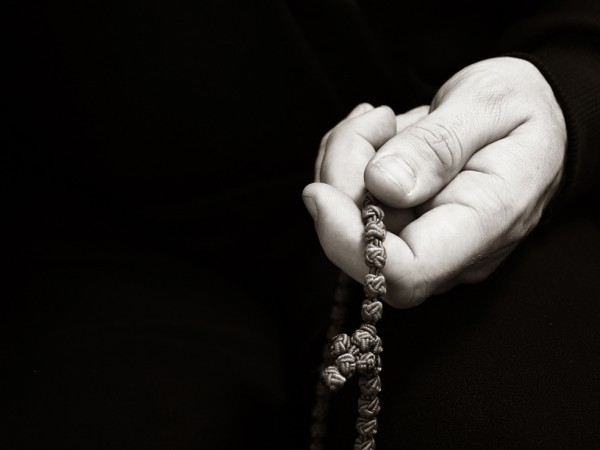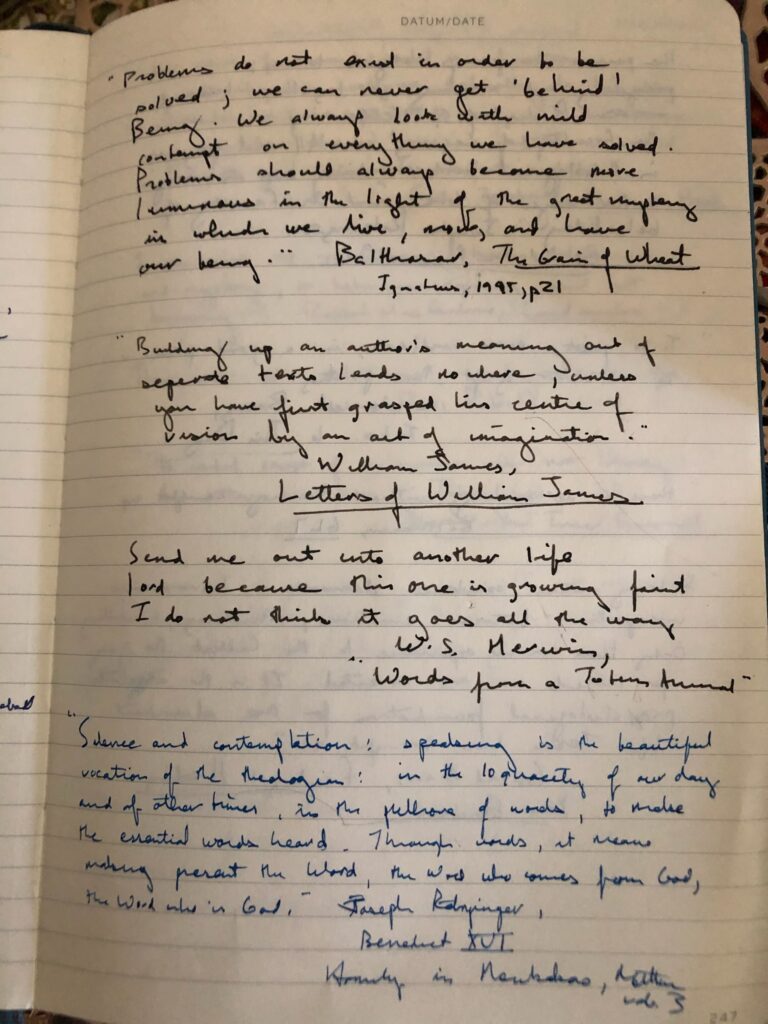Over the past couple of weeks, I’ve been slowly working through Stephen R. Holmes’ bookThe Quest for the Trinity: The Doctrine of God in Scripture, History, and Modernity. Though the book surveys the full history of Christian theology, Holmes begins with what has been called the 20th century revival of the doctrine of the Trinity. In rehearsing the resurgence of interest in the Trinity, Holmes asks whether the so-called revival was in fact much more revisionary than is typically thought. With that question in mind, he carefully works through the Trinitarian debates of the first few centuries in order to articulate the key figures, moments, exegetical moves, and doctrinal insights which together gave the Church her creeds and her understanding of the Trinity.
I hope to have more to say about the overall argument in a later post, but for now I wanted to share a striking observation that bears on the task of theology itself.
Holmes notes that the doctrine of the Trinity, and the attending understanding of the person of Christ, emerges as a theological articulation of the already existing fact of Christian worship. That Christ was worshipped as God from the very beginning of the faith is historically undeniable, and yet the attending theology of the divinity of Christ and the relation of the Son to the Father within in the life of God took a few centuries to work out. In other words, one way to look at the emergence of the doctrinal expression of the Trinitarian life of God is that the Church’s theology had to catch up with the already existing reality of the Church’s worship. Theology gave expression to doxology. Or to put it more boldly, doxology can and often does drive theology.
As a vivid example of this, at the end of his own extensive reflections on the Trinity, Augustine prays, and as part of his elaborate and beautiful prayer, he asks God this, “May I remember You, understand You, love You. Increase these things in me, until You renew me wholly” (On the Trinity Book XV.28.51) He links understanding and love, and the full prayer makes clear that understanding is never meant as an end in itself but is meant to serve and increase love. Theology that serves the church is sourced from love, from a determination to know the one whom we worship, to come to know more and more the one we are commanded to love with all our heart, soul, mind, and strength and then to love him.
All of this put in my mind of this lovely passage from Katherine Sonderegger’s Systematic Theology , vol. 1. , where with the evocative language of the Song of Songs, she reminds us all what theology is really for: “To speak of God, to name the Divine Perfections, should be honey in the comb, the river of delight, the freshness and strong elixir of love. Love is the Truth of God, but also the Beauty. God is sublime, a zealous Good. Love alone is as strong as death, its passion fierce as the grave. To know this God, the Living Lord, is to hunger and to delight and to hunger once more. Theology should pant after its God, the Love that is better than wine, for God is beautiful, truly lovely, the One whose Eyes are like doves. Eat, friends — all theology should ring out with this invitation — drink and be drunk with Love.” (Brad East has a lovely review of this volume here.)
I have Sonderegger’s words pinned on the bulletin board above my desk to remind myself of the true end of all my study—to know God and to love him. Balthasar sums all this up quite succinctly when he exhorts, “Lovers are the ones who know most about God; the theologian must listen to them” (Love Alone is Credible) Yes, but the theologian must not listen only, but as Balthasar’s larger work demonstrates again and again, the great task of the theologian is to become a lover of God oneself.




